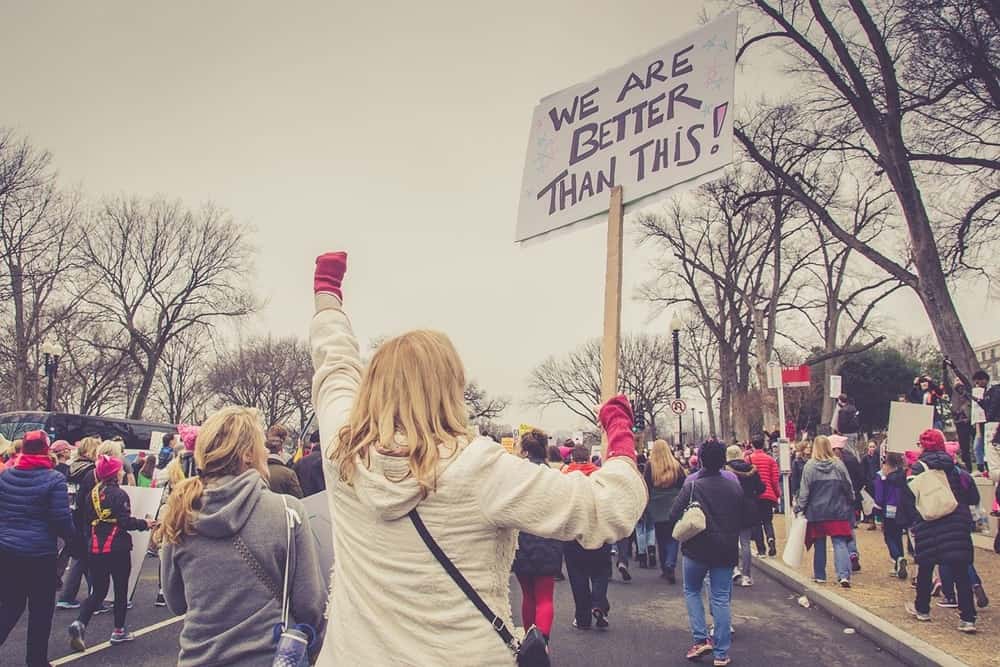Episode 31 of The Scoop that aired on 6th December 2019 featured Chief Strategy Officer of the Human Rights Foundation, Alex Gladstein, who listed several hurdles for human rights defenders and how Bitcoin is proving to be a blessing for them.
The New York-based non-profit organization is run by several international leaders hailing from countries such as Russia, Venezuela, and Hong Kong who believe in speaking out for freedom and human rights issues being faced by citizens of authoritarian states. No doubt, it brought up the topic of the ongoing unrest in Hong Kong and how Bitcoin completely transformed the modern-age protest environment.
Bitcoin could redefine human rights protest scene
According to Gladstein, Bitcoin could have a much more significant impact on the human rights space than one might assume. Bitcoin’s power was underestimated previously, however, as economies gradually make a transition to a cashless future with everything under the sun getting digitized, people have started to realize the worth of decentralized way of producing and accessing money, Gladstein remarked.
Referring to Hong Kong’s unceasing efforts against China-imposed extradition bill, Gladstein said that have been using prepaid cards and Bitcoin transactions, instead of credit or debit cards, to conceal their identities from the government and avoid arrest. He was reminded of the time when he saw many thousands of protestors lining up in front of a shop to buy top-up cards in exchange for cash, and that’s when it struck him how powerful this medium has become in the new-age protest environment, thereby making government responsible.
However, he also puts forth a possible situation in the future when cash becomes obsolete. In fifteen to twenty years from now, when cash ceases to exist, how will these activists fight for their fundamental rights without revealing who they are? The answer is pretty straightforward, as per Gladstein, and that’s a digital and decentralized version of money.
Gladstein asserts that currencies like Bitcoin can help the protestors in holding the government accountable for their fundamental rights, at the same time, comply with the censorship-resistant protocol.
That said, he is also quick to point out that Bitcoin may not be the ultimate answer to all the problems. While it does promote decentralized use of power with unrestricted access to information and resources, Gladstein also thinks that surveillance agencies could misuse it. Ultimately, he concludes, financial privacy is a perfect democracy.
Featured Image by Pixabay




